Exploring the Applications of Diffusion Bonding
California Nanotechnologies (Cal Nano) is a recognized leader in advanced materials processing, offering specialized services like Spark Plasma Sintering (SPS), cryogenic milling, and hot isostatic pressing (HIP). Among their cutting-edge capabilities, diffusion bonding stands out as a critical technique used to join similar and dissimilar materials without melting, maintaining structural integrity and enhancing material performance.
What is Diffusion Bonding?
Diffusion bonding is a solid-state joining process that creates high-strength, high-integrity joints by applying pressure and elevated temperatures over a period of time, allowing atoms at the interface of two materials to diffuse and bond. This technique is especially effective for joining difficult-to-weld metals and advanced materials with minimal deformation and without the need for filler materials.
Key Applications of Diffusion Bonding
California Nanotechnologies provides diffusion bonding services for a variety of industries where precision, strength, and reliability are paramount:
1. Aerospace and Defense
The aerospace industry demands materials and joints that can withstand extreme temperatures and mechanical stresses. Diffusion bonding is ideal for:
- Titanium and nickel-based superalloys used in turbine engine components
- Multi-layer heat exchangers where complex internal channels must remain intact
- Rocket nozzle components requiring high thermal conductivity and structural stability
Cal Nano’s expertise ensures the precise bonding of advanced materials crucial for high-performance aerospace systems.
2. Electronics and Semiconductor
As the electronics industry continues to miniaturize and integrate high-performance materials, diffusion bonding plays a key role in:
- Bonding dissimilar metals, such as copper to molybdenum, in thermal management devices
- Creating microelectronic packages that require hermetic sealing without compromising electrical conductivity
- MEMS and sensor components where exacting tolerances and material compatibility are critical
California Nanotechnologies provides the accuracy and material control needed to meet the demands of micro-scale assemblies.
3. Medical Devices
In the medical sector, diffusion bonding is employed to manufacture implants and surgical tools made from biocompatible metals such as titanium and stainless steel. The process:
- Eliminates contamination by avoiding liquid-phase welding
- Produces high-purity joints suitable for medical environments
- Enables the creation of customized, multi-material components for implants and diagnostic tools
4. Energy and Power Generation
Power systems often use components made from high-strength alloys that operate under harsh conditions. Cal Nano’s diffusion bonding is applied in:
- Solid oxide fuel cells (SOFCs) where metallic interconnects must maintain sealing and conductivity
- Nuclear reactor materials requiring radiation resistance and thermal stability
- Heat exchanger modules for concentrated solar and next-gen battery systems
5. Tooling and Advanced Manufacturing
Diffusion bonding is also essential in the fabrication of:
- Functionally graded materials (FGMs) used in dies, molds, and tools
- Composite billets for powder metallurgy and forging
- Layered or multi-material parts used in additive manufacturing hybrid systems
With advanced process controls and material knowledge, Cal Nano enables manufacturers to prototype and produce complex parts that were previously unattainable.
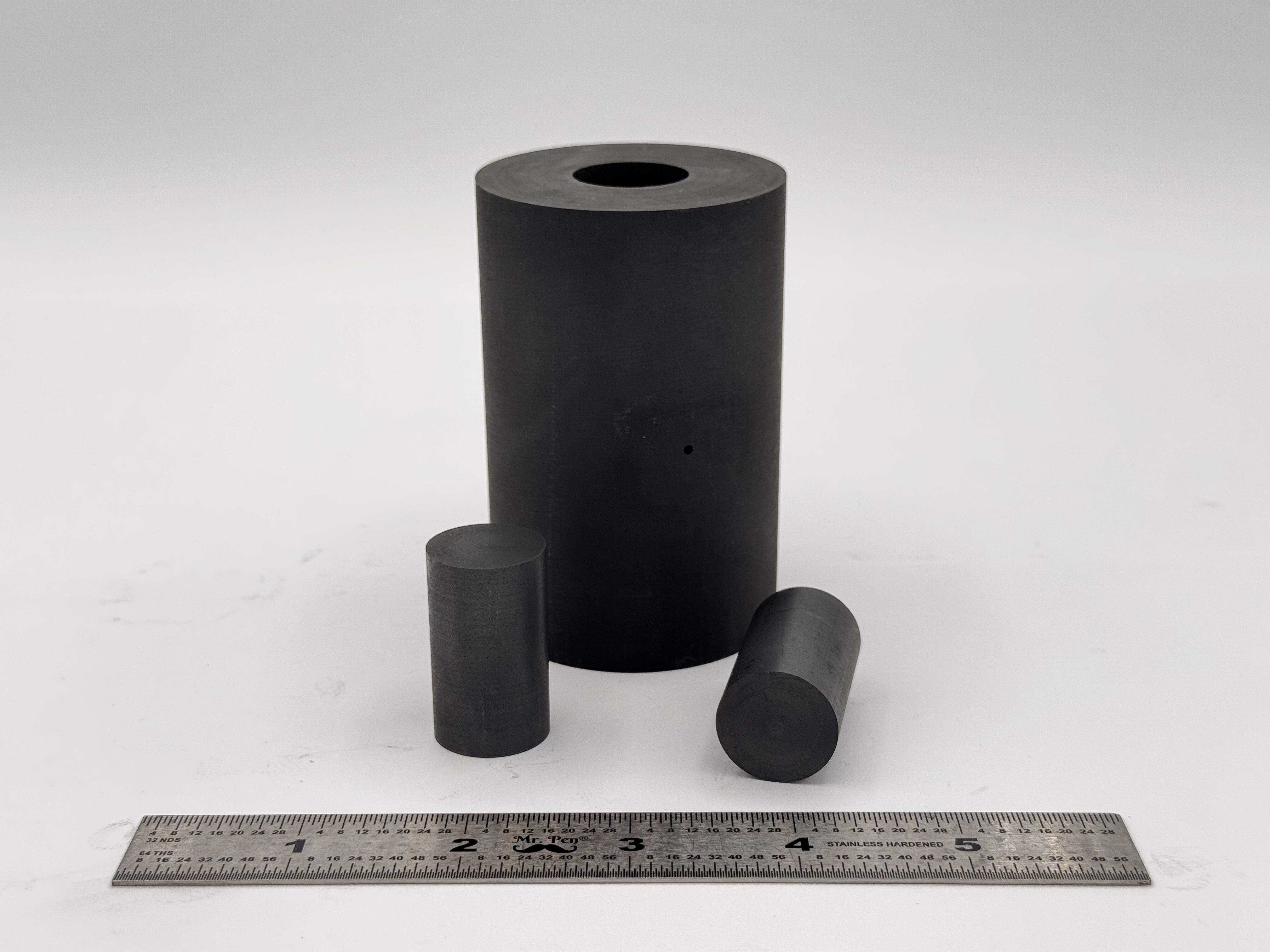 High Strength SPS Graphite Tooling
High Strength SPS Graphite Tooling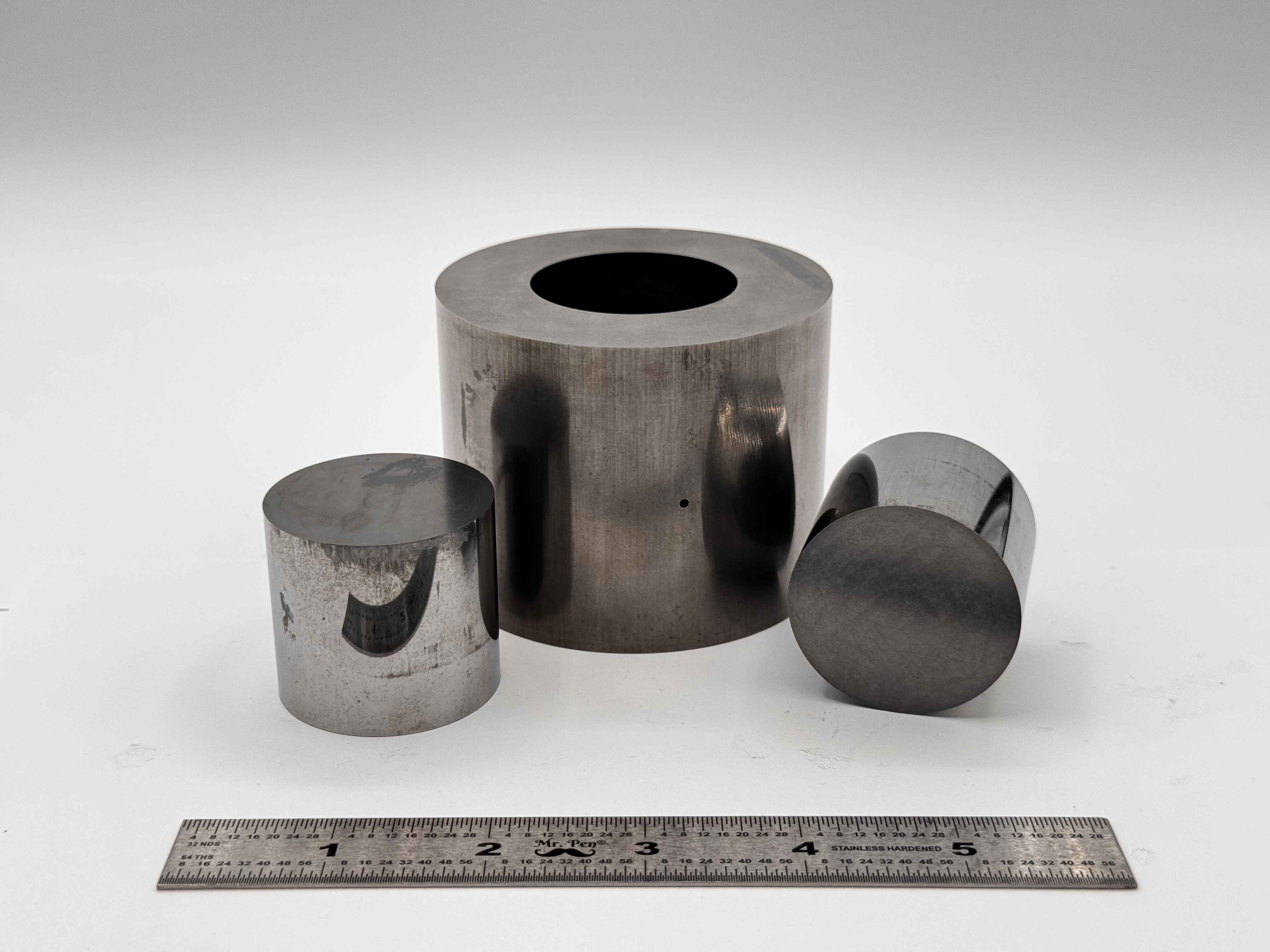 Tungsten Carbide Tooling
Tungsten Carbide Tooling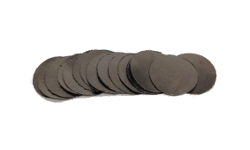 Carbon Graphite Foil / Paper
Carbon Graphite Foil / Paper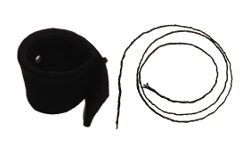 Carbon Felt and Yarn
Carbon Felt and Yarn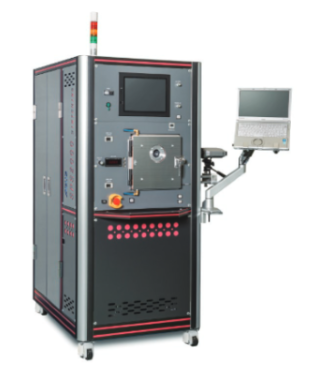 Spark Plasma Sintering Systems
Spark Plasma Sintering Systems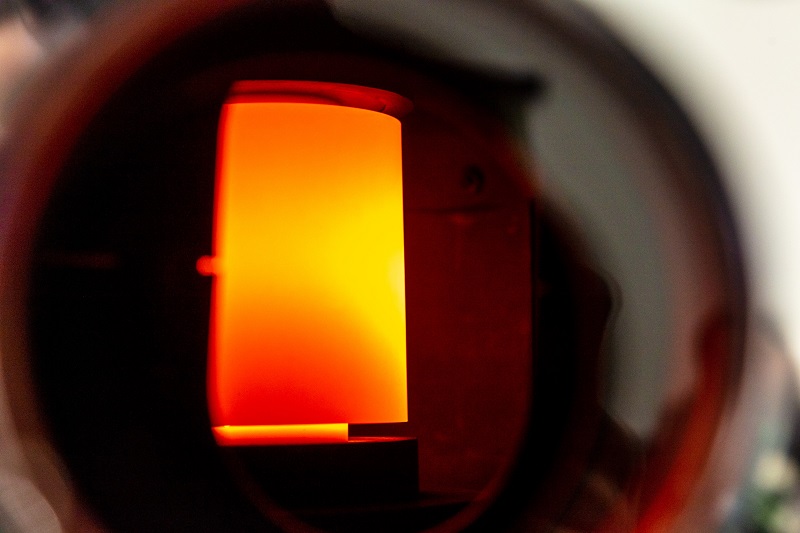 SPS/FAST Modeling Software
SPS/FAST Modeling Software